
Message from Co-Deans
To all NUS students
We created the NUS College of Humanities and Sciences (CHS) to deliver an interdisciplinary curriculum that empowers our students to tackle some of the world’s complex problems.
Now, we present to you the CHS Case Competition Series. The competition is distinctly flavoured to focus on the themes of “Sustainability” and “Technology & Us”. Take a real-world case that impacts your future and Singapore’s future, team up (or join the competition as an individual) and formulate solutions organically, with inputs and guidance from NUS faculty members and industry experts. And watch as your intellectual pursuits are turned into reality by stakeholders of the case problem.
We wish you lots of fun and self-discovery in this meaningful endeavour.
Updates

Overview of Competition
The interdisciplinary curriculum of the College of Humanities and Sciences (CHS) is designed to enable students to tackle complex problems that require knowledge and skills from diverse fields.
The NUS CHS Case Competition Series is a platform for students to apply curriculum learning to formulate solutions for real-world issues that require an interdisciplinary approach.
Students will practice evaluating the width and depth of the problem statement, drawing from the expertise of team members from different disciplines. The teams will develop solutions organically, in recognition of the fluid and complex nature of the problem. They will learn how to communicate effectively amongst team members, integrate individual contributions and collaborate for solutions. They will also have the opportunity to practice delivering clear, concise and articulate presentations of their findings to stakeholders.

Objectives

Gain hands-on experience in applying interdisciplinary approaches

Solve real-world problems and challenges

Engage industry professionals and NUS experts

Network with peers
Problem Statement
Electric vehicles, or EVs, are gaining traction worldwide. Governments in countries such as the UK, the US, and China have announced policies and targets to promote the use of EVs. Several major vehicle manufacturers have also announced plans to introduce more EV models in the near future .
DPM Heng Swee Keat announced in Budget 2020 Singapore’s vision to phase out internal combustion engine vehicles and have all vehicles run on cleaner energy by 2040. EV adoption will be the centerpiece of this vision. As part of the recently announced Singapore Green Plan 2030, Singapore targets to have 60,000 EV charging points by 2030, of which 40,000 will be at public carparks and 20,000 at private premises. And in March this year, the government announced that it plans to end new registrations for diesel cars and taxis in 2025.
Yet, EVs form less than 0.2% of Singapore’s vehicle population. Specifically, according to data from the Land Transport Authority (LTA), as at end of April 2021, there were only 1415 electric cars, 4 electric taxis, 2 electric motorcycles, and 130 goods and other vehicles in Singapore. On the other hand, public interest in EV ownership has ballooned. More Singapore residents, 50% of the people surveyed in Sep 2020, are interested in buying an EV as their next car, compared to just 35% of the survey respondents in Jan 2020. (Source: Roland Berger Autonomous Disruption Radar mobility report; Dec, 2020.)
Your task is to pitch to the Competition Partners a cogent and multi pronged strategy to promote adoption of EVs in Singapore
Currently, there already exists a plethora of government initiatives encouraging EV adoption, from reducing the Additional Registration Fee floor of new electric cars, to revising road tax framework for electric cars, and to establishing, under the LTA, of the National Electric Vehicle Centre. Your focus, therefore, should be to propose additional pro EV measures, especially those that would partner the government with the private sector players in EV and EV charging points manufacturing and operation. You may attack the issue from a multitude of angles, including technical innovation, regulation, cost, and consumer education, charging behaviour, mindset change, acceptance and willingness to pay. In tandem, you could also address the interactions with other government policies such as the push for Green Commutes (as part of the Singapore Green Plan 2030) and how that would impact private EV ownership.
Preliminary round
Create a compelling case with no more than 5,000 words. Where appropriate, use (info-)graphics to support your arguments. The case will be evaluated by a panel of NUS faculty judges. We look for in the proposed solutions: Ingenuity, practicality, and enforceability. And importantly, we prefer cases that include no more than two solutions but with each solution rigorously argued and well supported by research, facts and statistics. This also means that we do not prefer cases that include a multitude of solutions but are sparse on detail and depth regarding each of the solutions.

Competition Format
Eligibility
The competition is open to NUS students from all courses of study.
Requirements
Form a team of at least one person. Students are free to add or subtract team members throughout the duration of the case competition. All team members should be current NUS students.
Preliminary Round
Create a compelling case of no more than 5,000 words. Where appropriate, use infographics to support your arguments.
The case will be evaluated by a panel of NUS Faculty members. In evaluating the proposals, the judges will look for ingenuity, practicality, and enforceability. Solutions supported by research, facts and statistics, and those that are rigorously argued will be favourably considered.
Final Round
Finalists present their case with an oral presentation with visual aids, in no more than 12 to 15 minutes to a panel of judges. The judges comprise members from several NUS Faculties and representatives from our competition partners.
The presentation will be evaluated based on content and delivery.
Prizes
The top three teams will receive prizes of 1500SGD, 1000SGD and 500SGD.
Timelines
By
20
July 2021
Registration
26
July 2021
7.00 pm
Launch and release of problem statement
16-17
August 2021
Mid-term workshops
31
August 2021
Submission of entries
13
September 2021
Notification of finalists
20
September 2021
Final round and prize presentation
FAQs
Partners

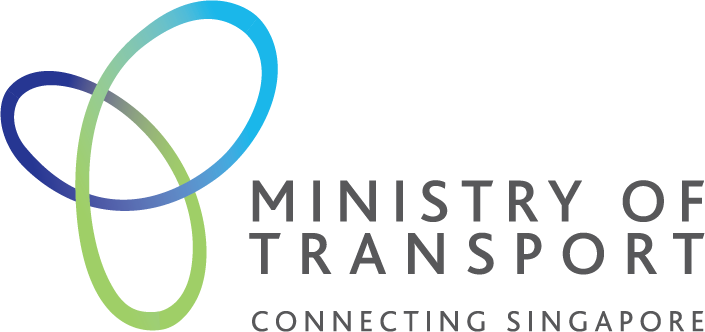

Sponsor


F&B Partners



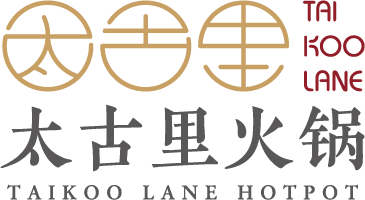
Organisers

Co-Organised with
Supported by
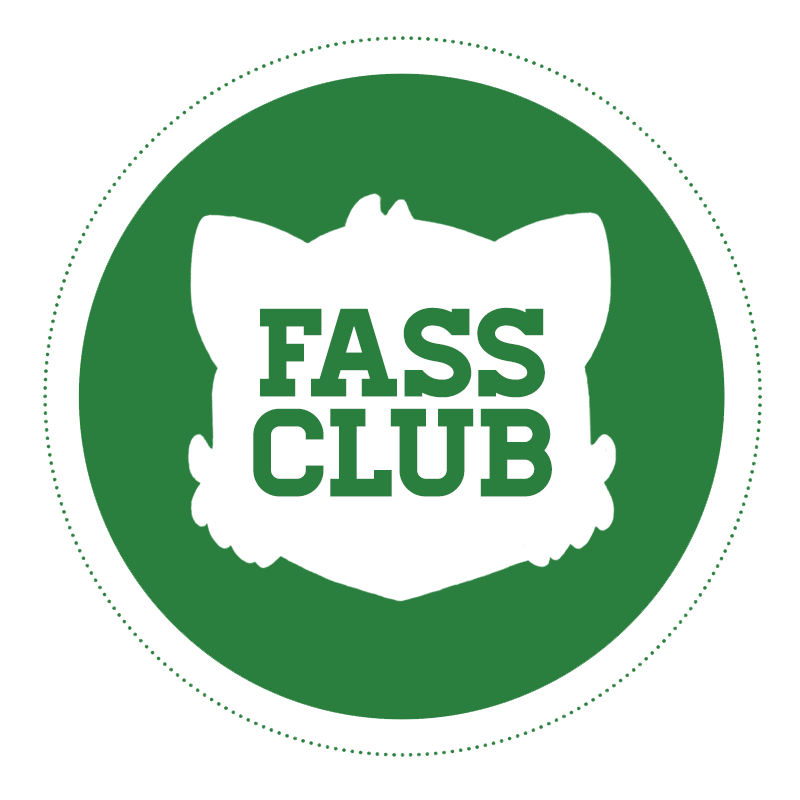
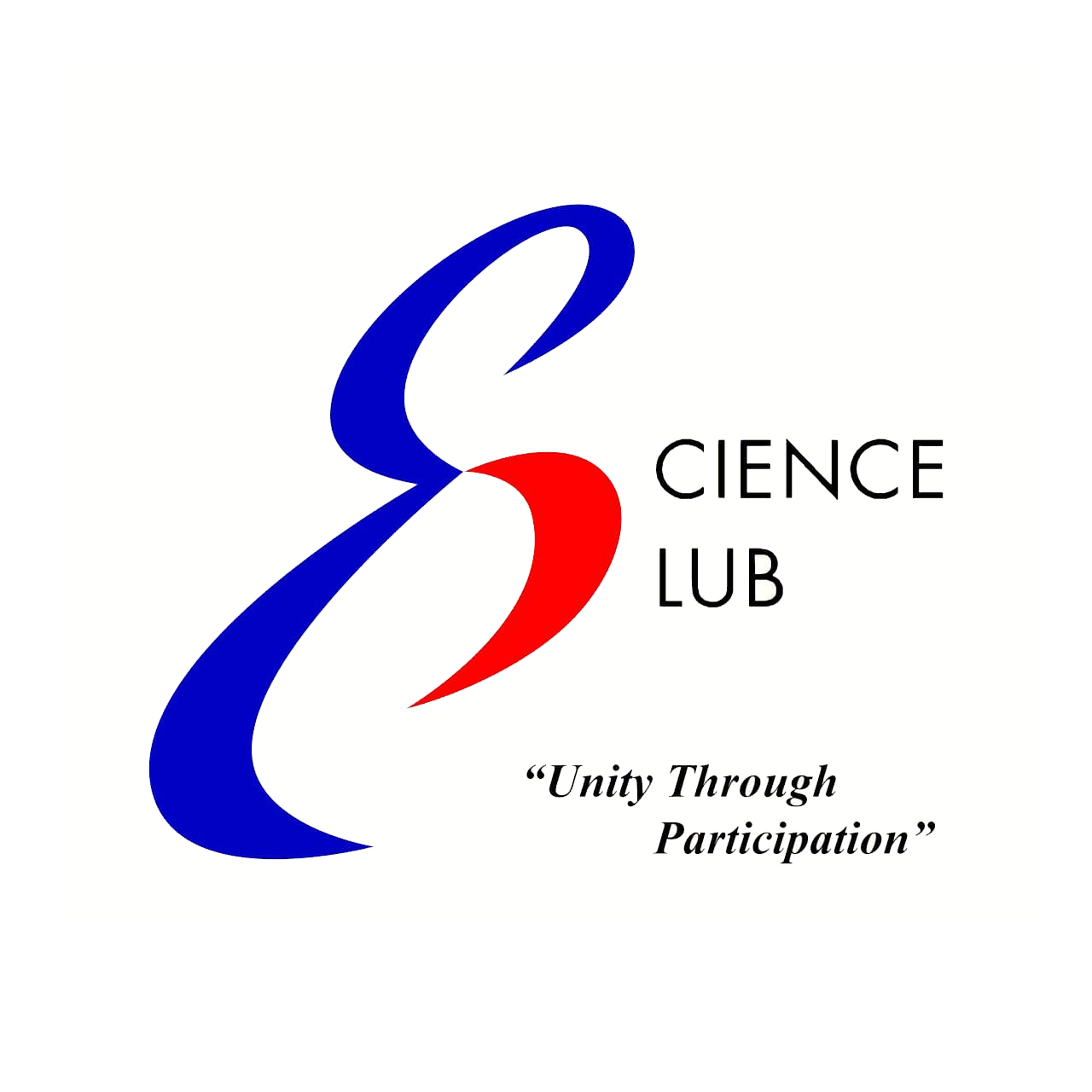

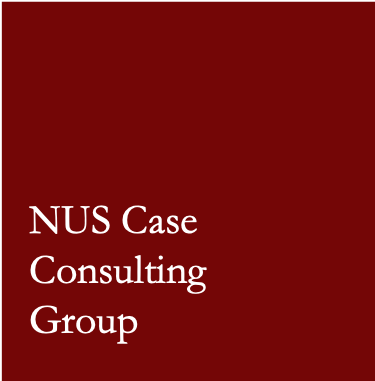
Supported by




